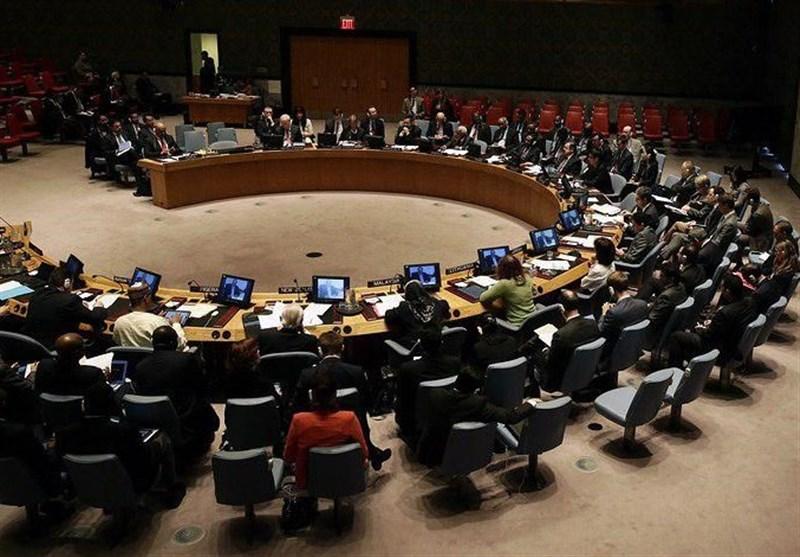KABUL (Pajhwok): Six months into intra-Afghan peace negotiations, progress remains slow, the UN secretary-general’s special envoy for Afghanistan says.
Deborah Lyons, briefing the UN Security Council on Tuesday, said the Afghan peace process demanded strong support from the global fraternity.
In a statement from UNAMA, she sounded alarm about escalating violence that continued to hamper humanitarian efforts and erode public confidence.
The top UN diplomat added: “We always knew that this would be a complicated peace.” She called the UNSC meeting a chance to take stock of the peace talks.
She also called for the evaluation of last year’s agreement between the United States and the Taliban and a joint declaration by Kabul and Washington.
The envoy said attacks against civilians had only escalated, with the extreme violence leading both Afghans and their international partners to voice frustration.
“The killings, the displacement, the suffering of the Afghan people must end now,” the UNAMA chief stressed, noting that the first two months of 2021 had seen a worrying spate of brutal attacks on civilians.
The deaths of more than 80 Afghans — including media staff, civil society, members of the judiciary, religious scholars and government officials — have been recorded to date.
“This does not convey the full, crippling impact of the violence on Afghanistan’s civic life,” she said, adding for every Afghan killed, many more left their professions or planned to flee the country.
She also spotlighted a deepening humanitarian crisis and the threat of drought. Food insecurity was at record levels, with more than 40 per cent of the population at emergency and crisis levels, she said.
Deborah Lyons urged member states to contribute generously to the humanitarian response plan, which is only 6 per cent funded, while warning that money alone was not enough.
Humanitarian workers continued to be targeted by threats and violence, and the impartial delivery of aid was impeded, the UN secretary-general’s special representative deplored.
Such acts were illegal and unjustifiable, she said, recalling that she recently raised the issues with Taliban leaders and her office had been working with the Afghan Government to ensure its legislative framework protected the space of NGOs carrying out humanitarian work.
Welcoming the appointment of Jean Arnault of France as the secretary-general’s new personal envoy on Afghanistan and regional issues, she acknowledged UN members had played a vital role in coming up with new initiatives to reinvigorate the peace process.
A proposed meeting in Turkey would be another such opportunity, she said, adding such initiatives must be focused, coherent and, above all, they must reinforce rather than undermine the Doha negotiations.
Decades of conflict had created real grievances on all sides, as well as a deep lack of trust among the parties, she noted, saying there were genuine and profound differences between the Afghan government and the Taliban over their desired end state.
Addressing those issues would continue to require patience and commitment on both sides, she believed, saying any lasting settlement must consider the views and concerns of all Afghans.
Today’s Afghanistan, she explained, was not the one of 20 years ago. Its younger generation had grown up with women in positions of power, media playing a vital civic role and quality education within their reach.
By the time of her next briefing to the Security Council in June, the proposed deadline for the withdrawal of international troops under the US-Taliban agreement would have passed, she stated.
“I hope that by then, we will be able to discuss real progress, brought about by continued negotiations in Doha, tangible outcomes from the meeting in Turkey, and, if not a ceasefire, at least a substantial de-escalation in violence.”
pr/mud







GET IN TOUCH
NEWSLETTER
SUGGEST A STORY
PAJHWOK MOBILE APP